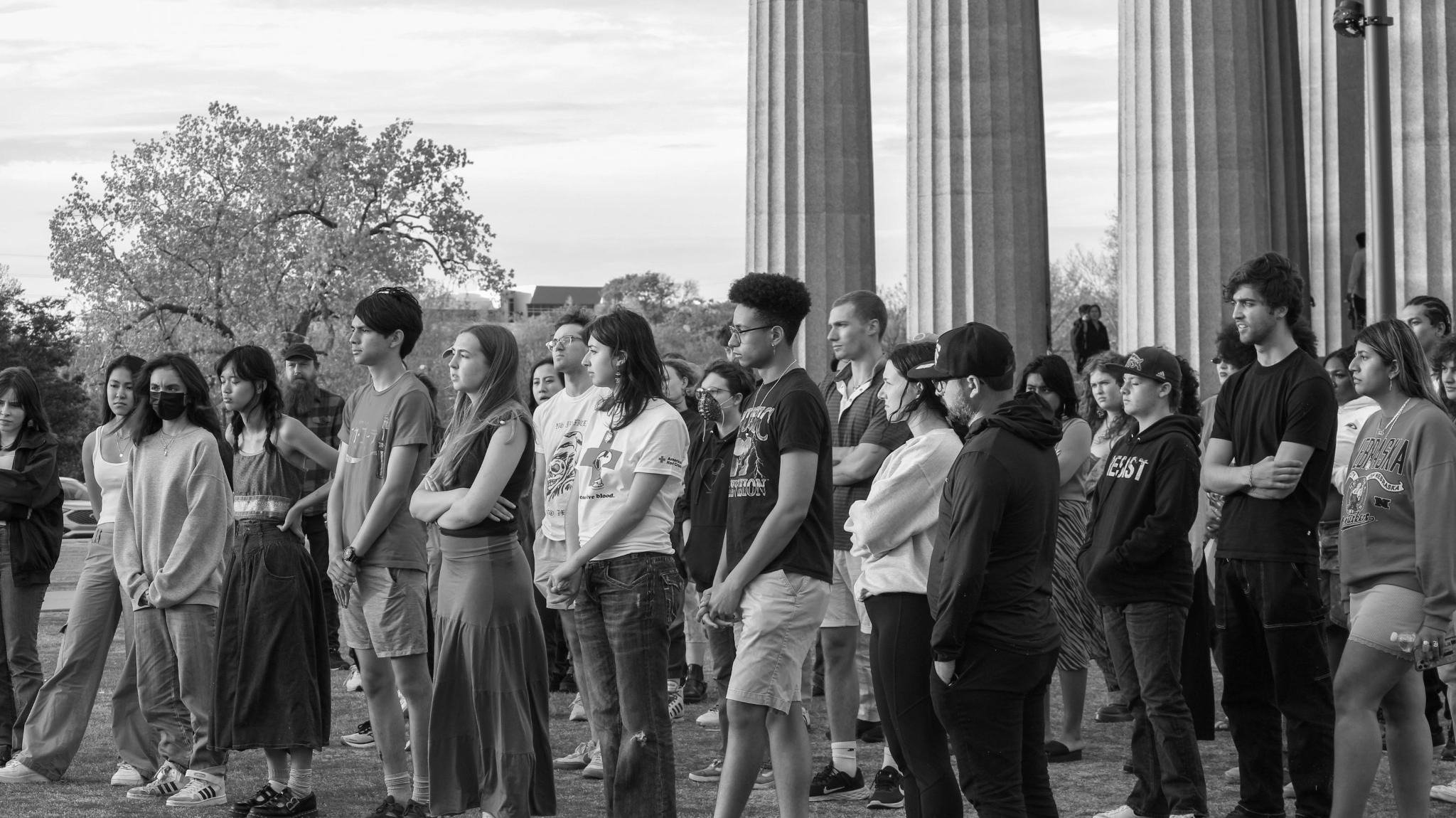
Our Mission
A Luta Sigue is a movement incubator dedicated to supporting the creation and development of autonomous power-building projects and campaigns led by working-class leaders and youth in Tennessee.
We envision a world in which our people— working-class Black, Indigenous and Brown, queer and trans people— can define their destiny and enjoy long, dignified lives. We believe that for our movements to succeed, working-class people must form strong, resilient, and democratic organizations that can challenge key institutions and industries to demand real change. To face its most pressing challenges, our movement currently needs more working-class organizations of this kind, along with leaders who can build and lead them.
Therefore, we aim to develop working-class leaders who can build intentional organizational structures grounded in the needs of their communities, organize effectively, and stick around for the long haul!
What conditions are we responding to?
Social justice movements have experienced over a decade of substantial growth; thousands of people have been taking the streets, joining organizations, and speaking up on the issues that matter to them. Despite this growth, conditions have generally gotten worse for working-class communities. Police budgets have only increased since the 2020 uprisings; the rights we won in previous decades have and are continually being stripped away; and our taxes are being used to fund wars and the genocide of Palestinians while over half the country does not have a living wage.
In these moments of sharpened contradictions, we must struggle for political and strategic clarity. Every hour our organizations waste implementing failed strategies or lying to ourselves, our opposition grows stronger, claiming even more space and power for themselves. If we are serious about building the movements that can get us there, we must get real about the challenges that our organizations need to overcome to pose a real threat to the status quo.
The following is a non-exhaustive list of common patterns that are preventing us from building strong and resilient organizations:
Theory/Praxis Disconnect: In the last decades, the study of political theory and the scientific method has been confined to academic circles. Such separation of theory from its application has severely limited the body of knowledge available to our collective movement.
Lack of Analysis and Long-Term Strategy: Our organizations are stuck in a cycle of reaction. We are allowing crises, personal emotions and funding dynamics to drive our work. Instead, we must ground our work in a bold vision that speaks to the real needs of our people, an accurate analysis of root causes for the problems we are trying to solve, and an understanding of the role that we are best equipped to play in a greater struggle for liberation. To prevent common issues like falling into neoliberal identity politics, the members of an organization must be on the same page regarding the framework to analyze oppression, as well as the organization’s purpose and vision.
Preservation Over Progress: The pressures to maintain appearances to avoid losing funding or influence have made us resistant to accepting our mistakes and learning from them.
Poor Leadership Development: Many base-building organizations are not putting in the effort to develop oppressed people as well-rounded and long-term political workers who can wield genuine authority in our spaces. Too often, organizations tokenize oppressed people, assuming that all oppressed people have a liberatory worldview. Organizers might fail to hold members accountable for their actions or the work; or may avoid training them on the topics members need to grow their analysis, strategic capacity, or emotional intelligence out of a fear that the topics are too challenging. This attitude stems from a core dehumanizing belief that oppressed people are not capable. In these cases, organizations replace the struggle of building working-class power with saviorism. This can often look like organizations: 1. operating as a service provider or crisis center with no long-term strategic agenda; or 2. replicating racist, patriarchal, or classist power dynamics, alienating oppressed people from the most essential tasks of the organization, and solidifying the power (explicitly or implicitly) among the staff or college-educated volunteers. Finally, ensuring that those most impacted by oppression lead the work requires intentionality. Organizations must have clarity around membership requirements, defined pathways for developing people’s leadership, and transparency around communication channels, decision-making processes, and who holds power.
All of these factors result in the predominance of unstable organizations with cultures characterized by conflict avoidance, burnout, opportunism, and a lack of rigor. To overcome these challenges, we must undergo significant practice shifts.
Our movement needs working-class organizations that ground their work in an accurate systemic analysis of the problems they are trying to solve, a clear vision that speaks to the real needs of their people, and a long-term plan to achieve their purpose. It needs organizations that use power analysis to engage in campaigns and alliances that increase their capacity for the next fight. It also needs organizations committed to engaging in rigorous base-building and leadership development practices, resulting not just in an increase of critical mass, but an increase in the number of working-class leaders with political and strategic clarity and a long-term commitment to the struggle. Most importantly, it needs organizations and leaders with the courage to be open about their limitations, and the the willingness to experiment with new practices in the face of evidence and to document and share their lessons to increase our movement’s body of knowledge.

